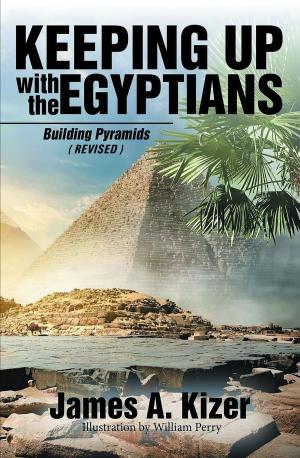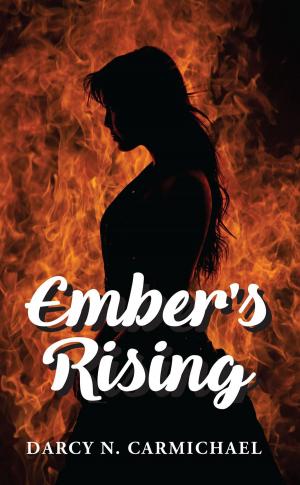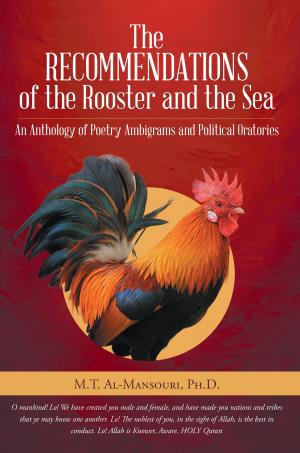| Author: | Joseph Kent | ISBN: | 9781643451213 |
| Publisher: | Stratton Press | Publication: | July 20, 2018 |
| Imprint: | Stratton Press | Language: | English |
| Author: | Joseph Kent |
| ISBN: | 9781643451213 |
| Publisher: | Stratton Press |
| Publication: | July 20, 2018 |
| Imprint: | Stratton Press |
| Language: | English |
That Joseph Kent is able to integrate earth and spirit into his work is remarkable in that, unlike mystics of old, he lives and works in an urban nightmare of mental and physical pollution, competing, as most of us have to do, in rat races of dog eat dog, where stress, illness and crime abound: ‘And in my SoHo dwelling on Thompson Street off Houston obliquely behind Saint Anthony’s, I could hear the old world priests harangue their flock in Italian detonating through the neighborhood in Little Italy.’ Why these poems are significant for the reader is that the poet, unlike most Eastern philosophers and poets, values samsara. Buddhists and Eastern philosophers and poets, assert, that our world (samsara) is one of illusion (maya). But for the poet, it seems right that he or she values this samsara and maya for its own sake, while, at the same time, being cognizant of the nirvana or enlightenment that lies as an available possibility for anyone pursuing a spiritual path Eastern or Western; for, in the depths and heights of integral Self-realization, this samsara is truly nirvana, and maya a creative power and infinite delight of cosmic play or dance (Lila) of the Divine.
That Joseph Kent is able to integrate earth and spirit into his work is remarkable in that, unlike mystics of old, he lives and works in an urban nightmare of mental and physical pollution, competing, as most of us have to do, in rat races of dog eat dog, where stress, illness and crime abound: ‘And in my SoHo dwelling on Thompson Street off Houston obliquely behind Saint Anthony’s, I could hear the old world priests harangue their flock in Italian detonating through the neighborhood in Little Italy.’ Why these poems are significant for the reader is that the poet, unlike most Eastern philosophers and poets, values samsara. Buddhists and Eastern philosophers and poets, assert, that our world (samsara) is one of illusion (maya). But for the poet, it seems right that he or she values this samsara and maya for its own sake, while, at the same time, being cognizant of the nirvana or enlightenment that lies as an available possibility for anyone pursuing a spiritual path Eastern or Western; for, in the depths and heights of integral Self-realization, this samsara is truly nirvana, and maya a creative power and infinite delight of cosmic play or dance (Lila) of the Divine.















